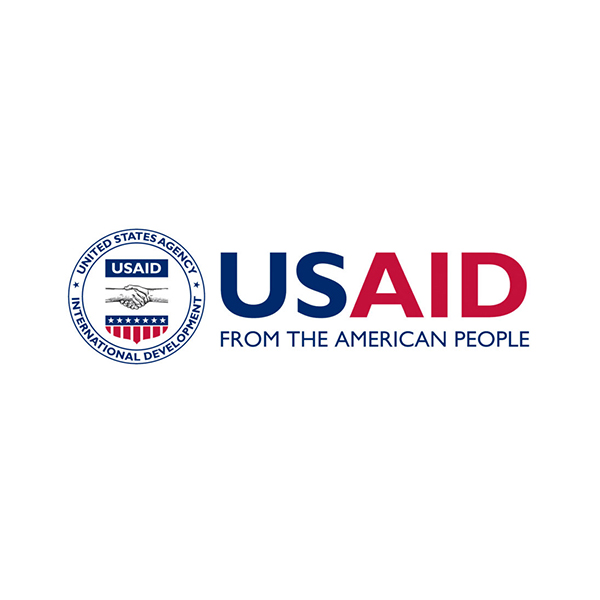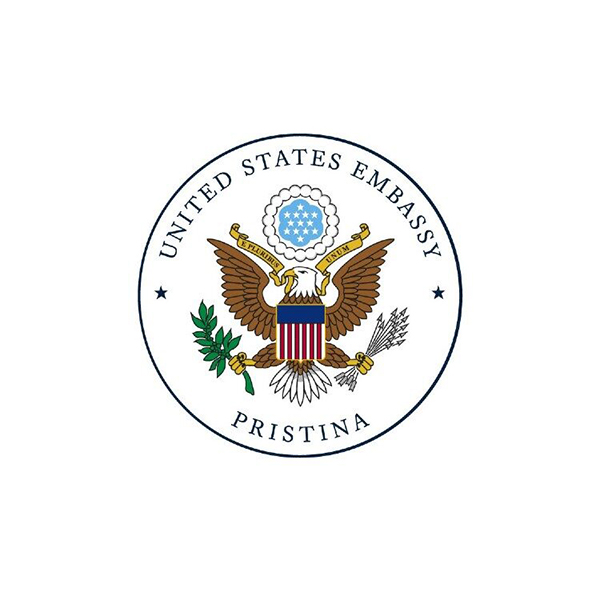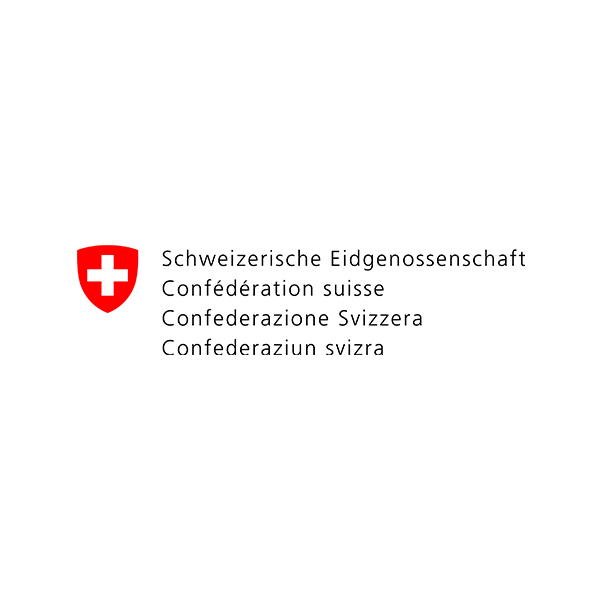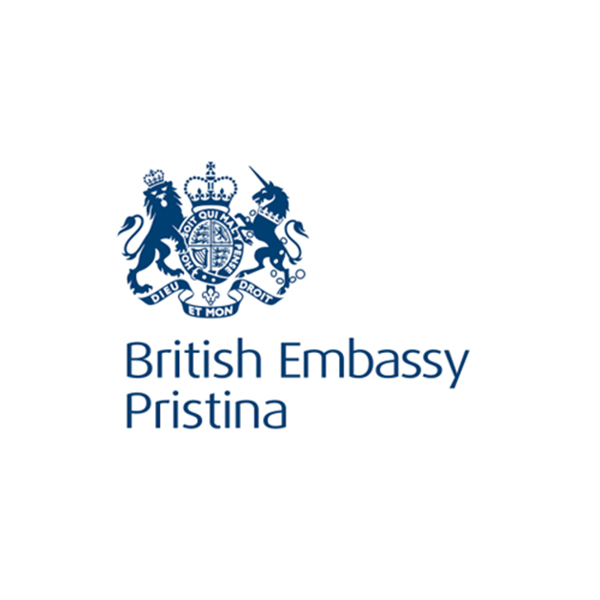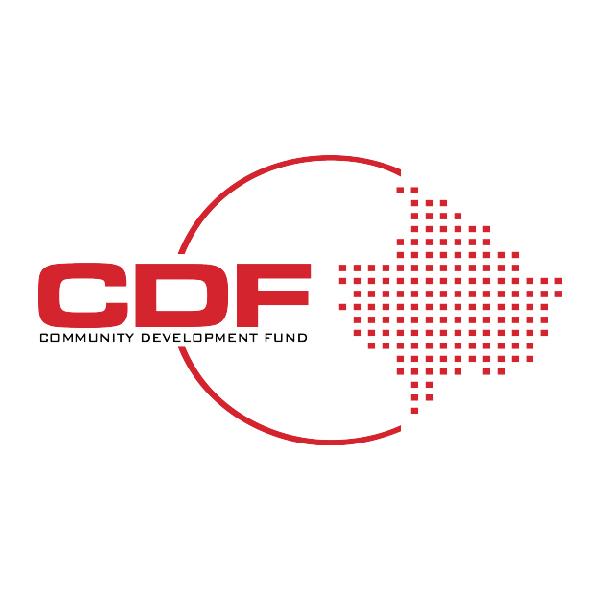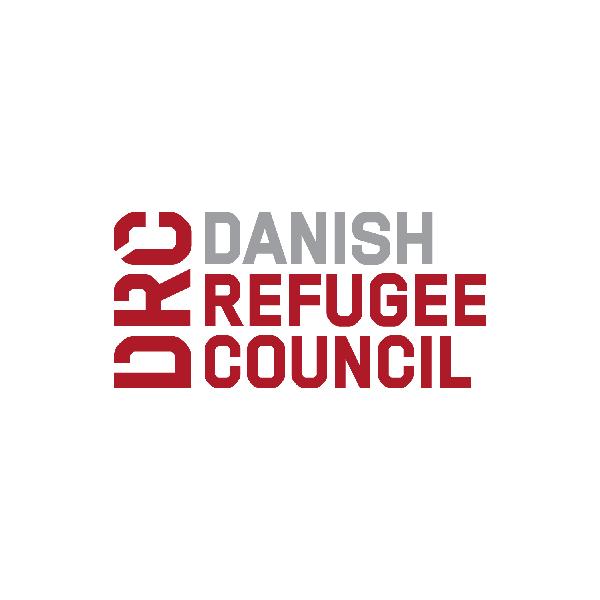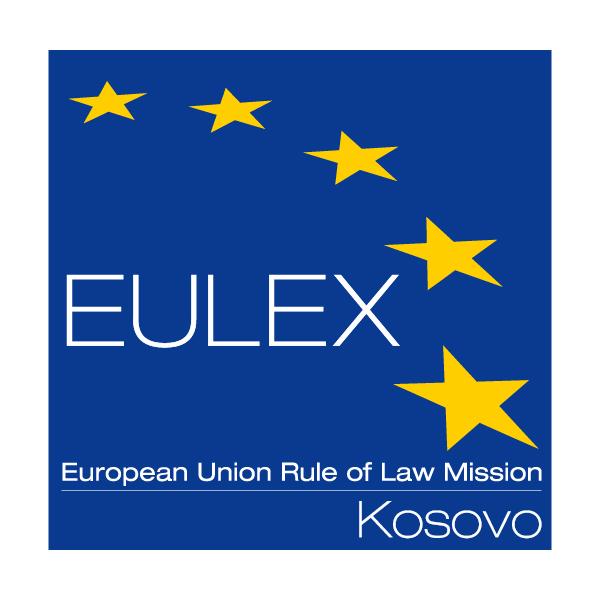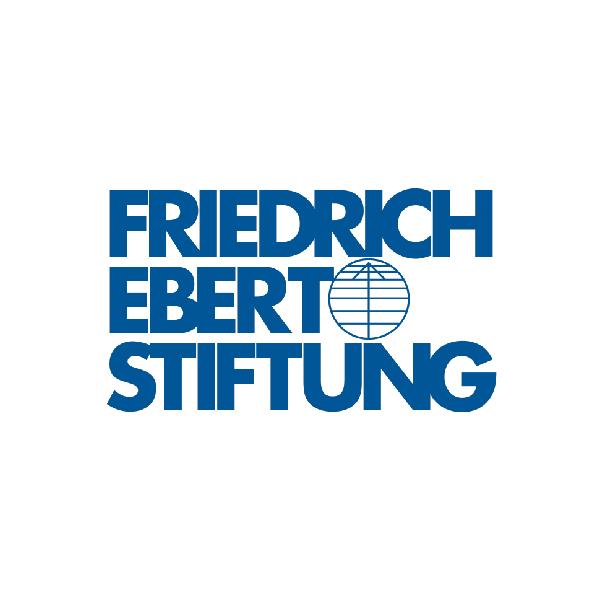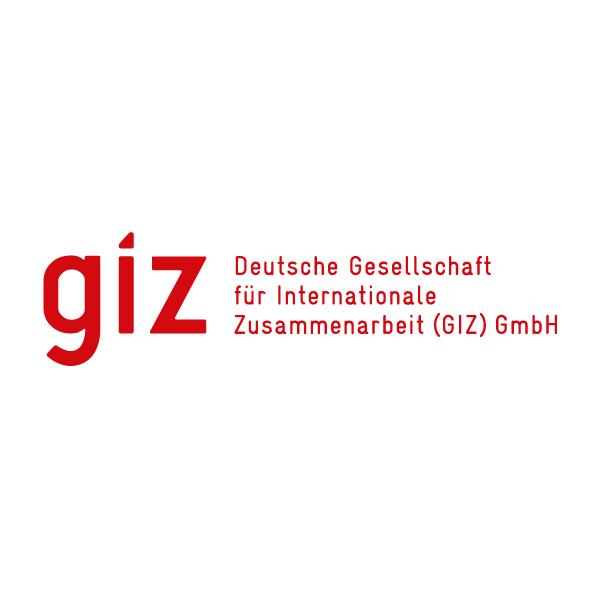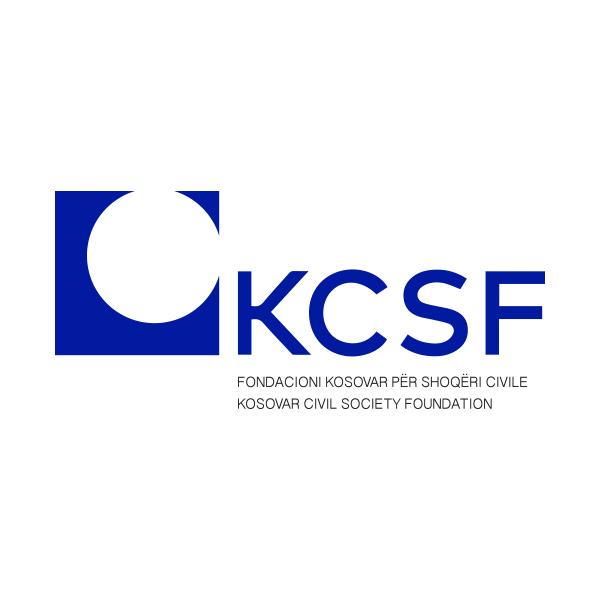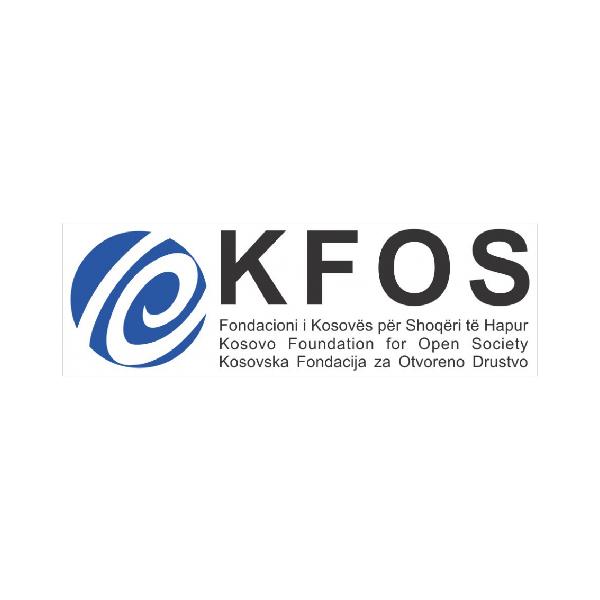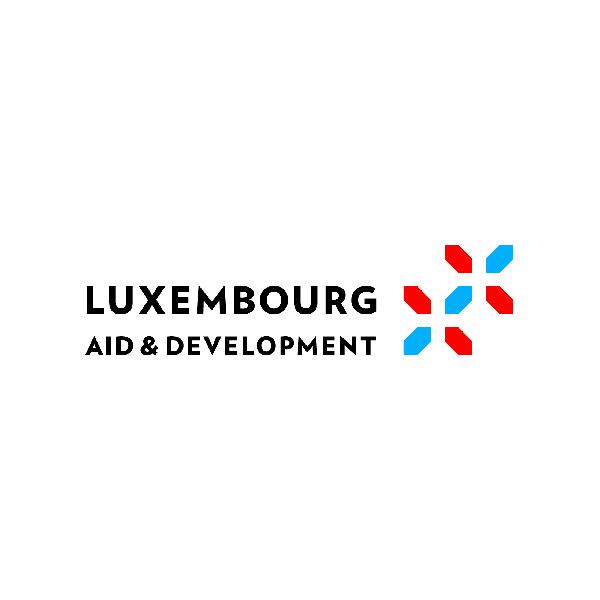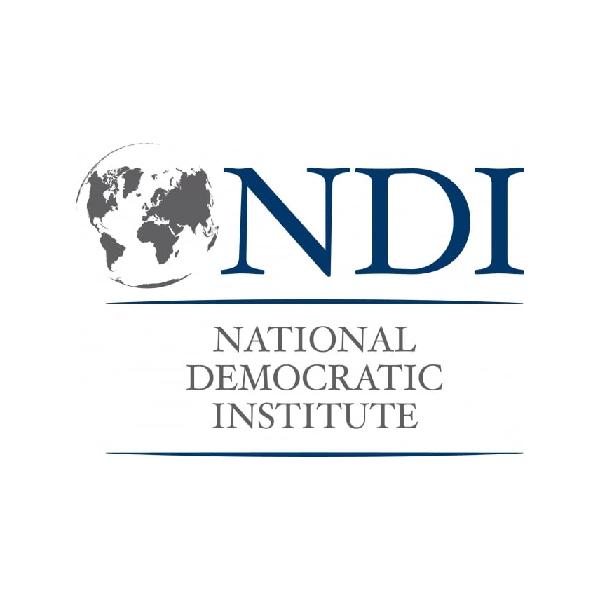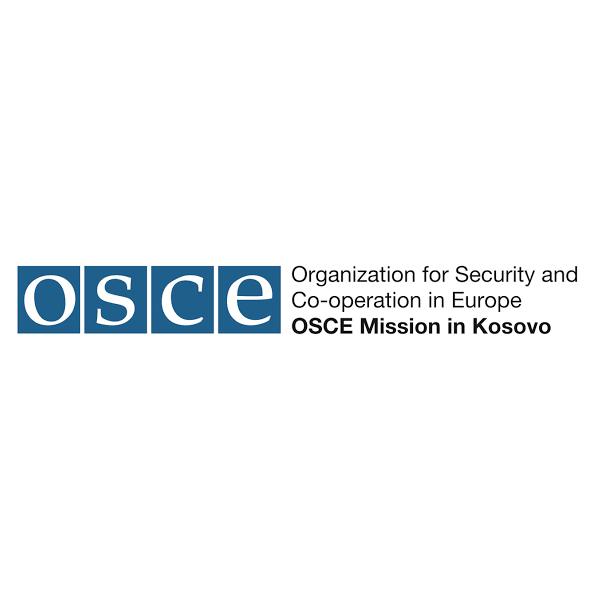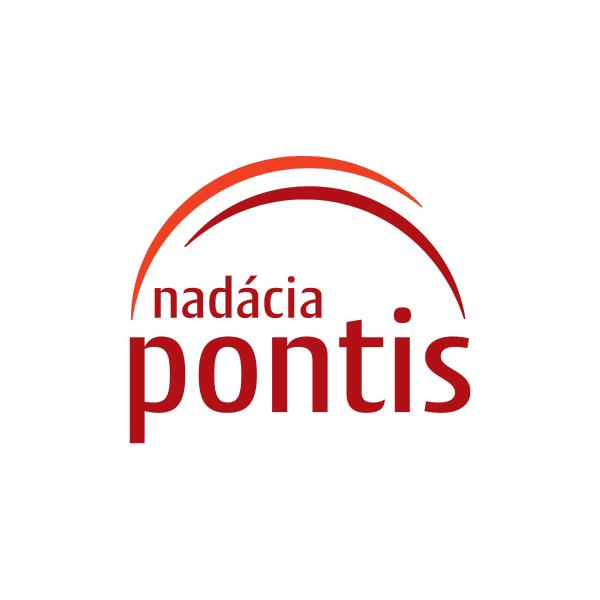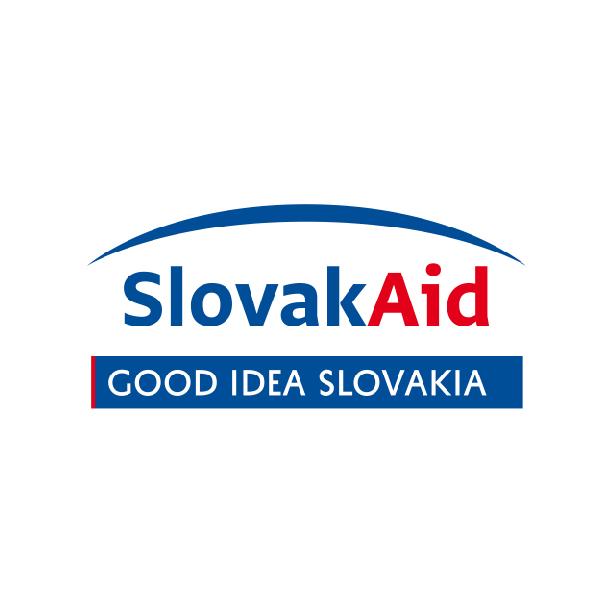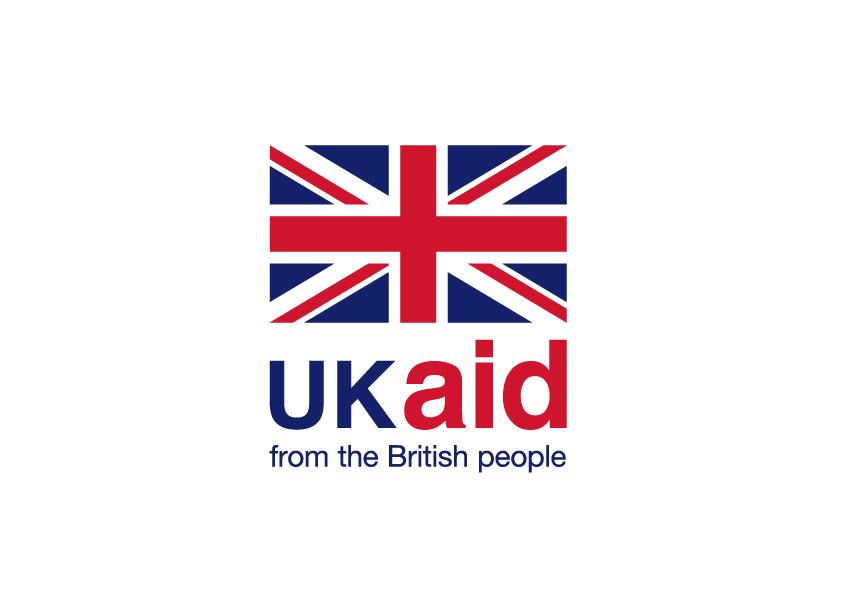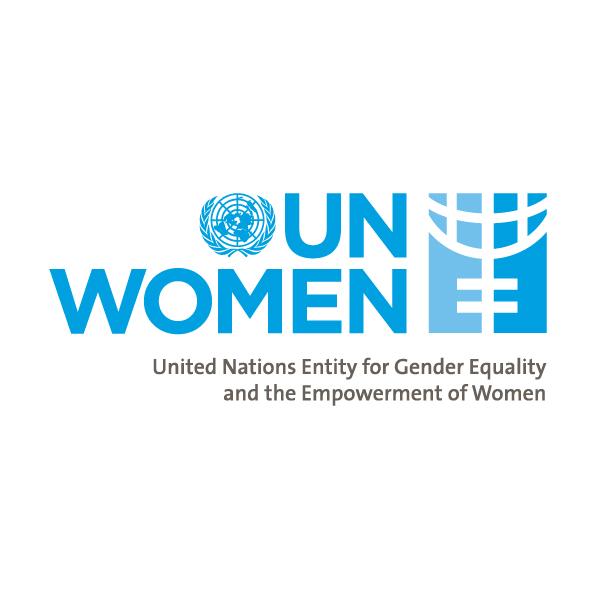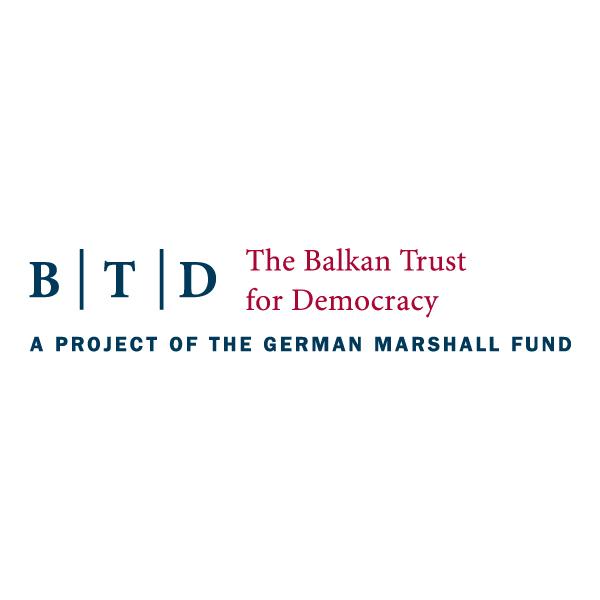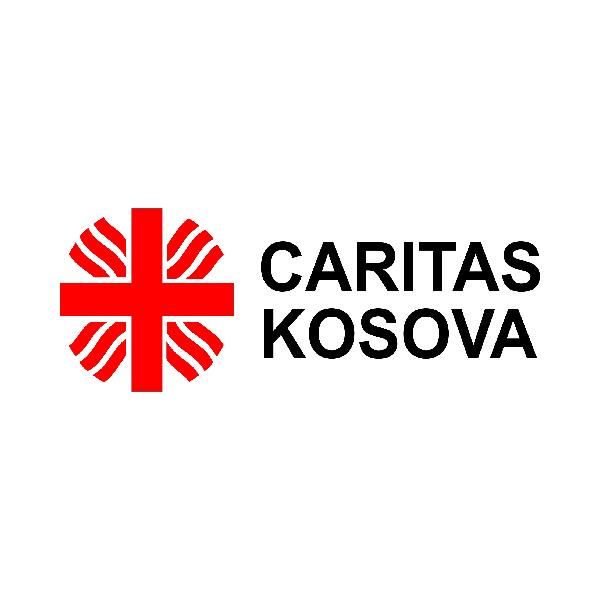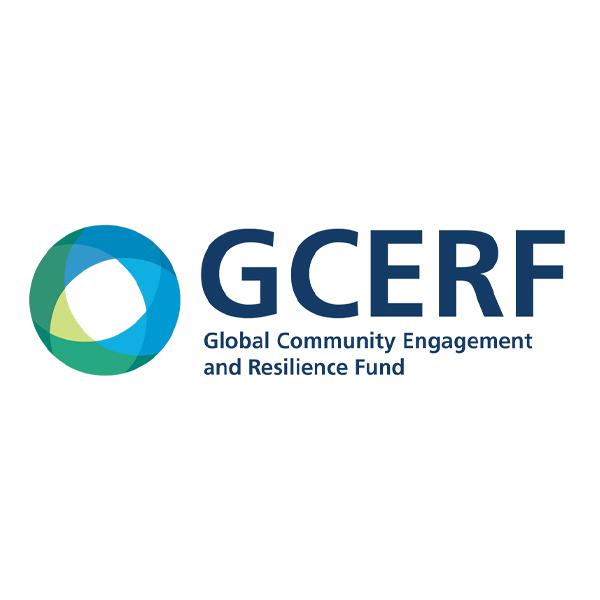Relations between the communities in Kosovo are unfortunately not satisfactory even twenty years after the armed conflicts. Proponents of national and nationalistic ideas often emphasize cultural as opposed to linguistic differences, insisting that these are causes of animosity. Instead of highlighting all these differences as a wealth that will foster mutual understanding, in Kosovo society it is often a cause of intolerance. And besides the constant stressing that we are following modern European trends, we in Kosovo are still “enslaved” by prejudices and stereotypes.
 Although the language is in the so-called cultural mission of communication, although it is true here of the people’s proverb “how many languages you know, that many people you are worth”, there is still an opinion among majority that “my” language is more important and older than “yours.” This applies primarily to users of Serbian and Albanian languages, although both are in official use.
Although the language is in the so-called cultural mission of communication, although it is true here of the people’s proverb “how many languages you know, that many people you are worth”, there is still an opinion among majority that “my” language is more important and older than “yours.” This applies primarily to users of Serbian and Albanian languages, although both are in official use.
The Constitution of Kosovo and the Law on the Use of Languages, which relies on the Anti-Discrimination Law, are clear as day. Both Albanian and Serbian are official languages in Kosovo, they have equal status, and all central and local institutions are obliged to respect it. The law is good, modern and pro-European. But?
If the law is there to be enforced, then why does the Kosovo Assembly, in individual ministries, courts and the police, as well as in some local self-governments, make it impossible for each community to have the right to preserve, maintain and promote their linguistic identity? Is there a lack of political will or money for quality and professional translators? Or is there an opinion that we are lesser Albanians if we speak Serbian and lesser Serbs if we speak Albanian?
The Assembly is the first, but not the last, institution in which Serbs, and especially Serbian journalists, cannot receive certain information in their mother tongue, which I repeat is the official language. Often, personal documents seem like they are not yours. They are written in so-called “cropped Latin alphabet”, the letters in the alphabet are replaced with the letters from the Albanian script. Does this mean that someone does not want to write as they should, or is it just a mistake out of ignorance? If you remain silent, there is a danger that your first and last name tomorrow may not be the one you have received at birth. It is superfluous to even speak of Cyrillic. It has long been absent in written communication, but it is not only the institution’s employees who are at fault. The Serbs themselves, especially the highly educated ones, do not try too hard to preserve their language and alphabet. They switch to English easily, just as same as Albanians do.
And it is necessary to learn each other’s languages. Not only is it useful, but it sounds nice when we greet our neighbors with “Mirë Dita” or “Dobar dan”. It shows mutual respect and goes above stereotypes.
From the Ministry of European Integrations, Culture, Finance, Internal Affairs, and this is not the end of the list of those who do not respect the Law on Language, statements are exclusively received in Albanian, as well as statements from the Kosovo Police. And here also for the press the motto is “find a way yourself”. Various publications and translated texts that are several months late in the websites, are, in fact, in incomprehensible Serbian. The laws, experts say, do not sound same in Albanian and Serbian. Some may go to jail for certain offenses, while others may only be fined. And it is all because of poor translation.
There are few good translators in Kosovo, and institutions do not seem to mind “creating” them. No funds, they say. Just one suggestion from journalists: reduce, gentlemen from the institutions, the use of official cars for private purposes, and there’s some of the funding.
The problem with linguistic rights is not only in the central institutions. And those local ones, municipalities and their employees often forget that they are in certain workplaces precisely because of citizens and for citizens, of any nationality and whichever language they speak.
Experts from this field say that this is primarily due to difficulties in hiring public administration officials who are well-versed in both official languages and lack of language training, as well as the low level of representation of certain communities in public administration. If they have already discovered the problem, they should solve it. That’s why they are where they are.
Traffic signs and toponyms are a particular problem. In the north there are rare inscriptions in Albanian, and in the south of Ibar River, those in Serbian are crossed out. Why, only those who do not understand the wealth of diversity know. And there are many of them, as I said at the beginning. Too many for the small Kosovo.
The Office of the Languages Commissioner notes that the reports they previously presented to the public indicated that there was no institution in Kosovo that fully respected the Law on the Use of Languages.
“There are those who apply the law only in certain segments, but on the other hand, there is a large number of those who do not respect it at all, and this is a state of affairs that has been going on for many years now,” Languages Commissioner Slaviša Mladenović said on one occasion.
And we don’t want everything to be just journalistic criticism. The Office of the Commissioner for Languages, with a small number of really skilled people and a limited budget, does Sisyphean work. They need help and support from both the institution and the citizens.
And to conclude with the words of a pensioner Jafer Haljili from the village of Ceranje in Leposavić municipality:
“The more languages you know, the better. It is good if they have a Law on languages, because it is not nice to close the door on neighbors who do not speak your language.”


